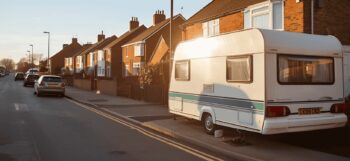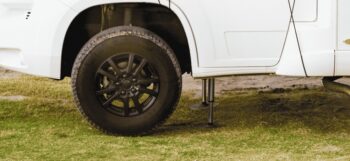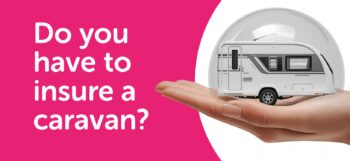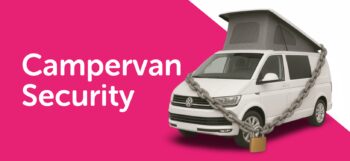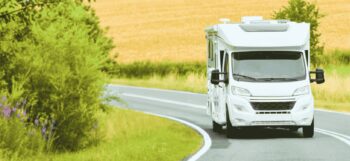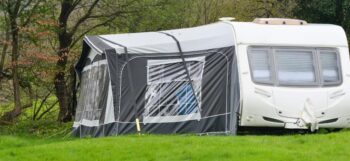Since lockdown, more people have taken to holidaying in the UK and there has been an increase in mobile homes and campervan sales. Camping trips are great fun, providing you are well prepared. We have put together a few tips to help you plan a great trip and ensure you are a happy camper.
Book Ahead
Pre booking a campsite can save both time and money and help you to determine the facilities available. Knowing the type of pitch you will be camping on (hard-standing or grass) can be helpful, especially during the winter months. It can help you to ascertain if you need levelling blocks or if you are able to pitch an awning. This will also prevent being turned away from campsites, during busy times.
Asses Your Power Needs
Assessing your power needs will help you to find suitable sites to stay on. Do you require an electric hook-up point, or will you be relying solely on your leisure battery? This factor can also influence the duration of your stay.
Pack Accordingly
Campervans, especially smaller models such as the Mazda Bongo and Nissan Elgrand, tend to have limited storage and living space, so packing lightly is a must. It is important to use the space wisely and insure you can easily access the things you need most. Collapsible items such as pans, kettles and washing up bowls, to name a few, can be a huge space saver. Campervans should include a fire extinguisher, first aid kit, as well as a warning triangle and a high visibility jacket for emergencies.
Documents and Emergency Contacts
Ensure you have the required documentation with you before you. This could be booking information, passports for European travel or any other document you require for your trip. It is always a good idea to have emergency contact and policy details to hand, in the event of an accident or breakdown.
Plan Your Route
Nobody likes getting stuck in traffic. Check Google maps and traffic updates for the most direct and convenient route. In addition to saving time and petrol, you will also be doing your bit for the environment, too!
Check Your Vehicle
Checking your oil, water, fuel and tyre pressure are a must before heading out on any long journeys, to avoid mishaps along the way. Checking your gas bottle and leisure battery level prior to travel is also recommended.
Park With Care
Campervans are generally larger than standard family cars, which can make them trickier to park, especially on the roadside and in marked parking spaces. The use of mirrors and reverse parking cameras can help to avoid damage to yours or someone else’s vehicle. More importantly if you think parking somewhere is going to be ‘a bit of a squeeze’ then assume it probably is!
Assess the Weather
Pop-top roofs and drive away awnings can offer additional living and storage space during longer trips. While both make for a roomier camping experience, they are often not designed to withstand adverse weather conditions, such as high winds and torrential rain. Checking the weather, prior to travel can determine whether you take an awning or not and prevent unnecessary use of space. As awnings and pop-top roof are generally made from canvas, they need to be dry before packing away, to reduce the risk of deterioration.
Be flexible
While camping is generally great fun, there may be times when you experience things that are out of your control. Changing weather conditions and occasional technical hiccups can sometimes scupper an otherwise perfect trip. Mindfulness and a back-up plan can ensure you still have an enjoyable time in the event of the unexpected.


